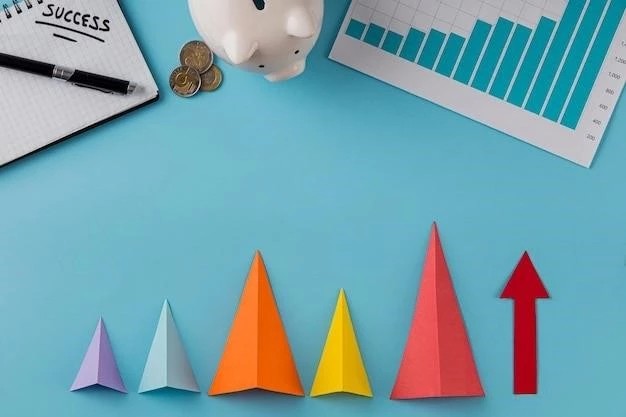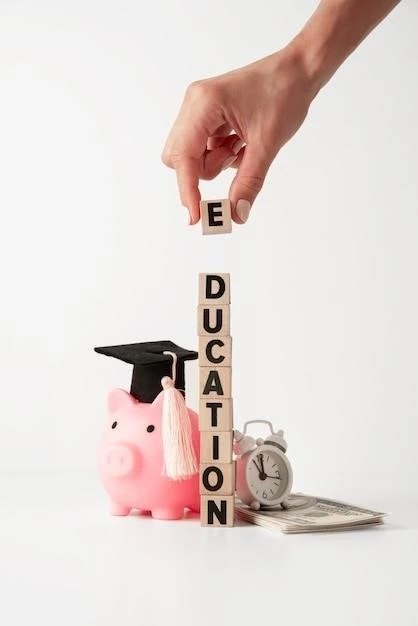Education and Economic Growth: A Personal Journey
Throughout my life, I’ve witnessed firsthand the transformative power of education. Growing up in a developing country, I saw the stark contrast between those who had access to quality education and those who didn’t. It was clear to me that education wasn’t just about acquiring knowledge; it was a gateway to opportunity, economic growth, and a better life.
My personal journey exemplifies this connection. As a young child, I was fortunate to attend a school with dedicated teachers and a curriculum that fostered critical thinking and problem-solving skills. This foundation allowed me to excel academically and pursue higher education.
The Tangible Benefits
The benefits of education are not abstract concepts; they manifest in tangible ways. After completing my university degree, I was able to secure a well-paying job in a field that I was passionate about. The skills I acquired through my education, from analytical thinking to communication, were highly valued in the workplace. My increased earning potential allowed me to improve my quality of life and contribute more meaningfully to my community.

Investing in the Future
Education is not just a personal investment; it’s an investment in the future of our society. A highly educated workforce drives innovation, economic growth, and social progress. When individuals have access to quality education, they are better equipped to contribute to their communities and create a more prosperous future for all.
I believe that investing in education is crucial for the development of any nation. It’s not just about building schools; it’s about creating a holistic system that fosters a love for learning, empowers individuals, and equips them with the skills they need to succeed in a rapidly changing world.

Challenges and Solutions
However, the path to quality education is not without its challenges. Access to education can be limited by poverty, geographic location, and gender inequality. It’s essential to address these barriers through targeted interventions and policies that promote equity and inclusion.
Here are some solutions that I believe can help bridge the gap in access to education:
- Investing in teacher training and development: High-quality teachers are essential for effective education. Investing in their training and professional development can significantly improve the quality of education provided.
- Expanding access to technology: Technology can be a powerful tool for bridging the gap in education. Providing access to digital learning resources and online platforms can benefit students in remote areas and those with special needs.
- Promoting lifelong learning: Education should not end with formal schooling. Encouraging lifelong learning through adult education programs, online courses, and community initiatives can help individuals stay relevant in a rapidly evolving job market.
A Call to Action
Education is not just a right; it’s a fundamental building block for a brighter future. I urge individuals, governments, and organizations to prioritize education and invest in initiatives that ensure quality education for all. Let us work together to empower individuals and build a world where education is a catalyst for economic growth and social progress.










